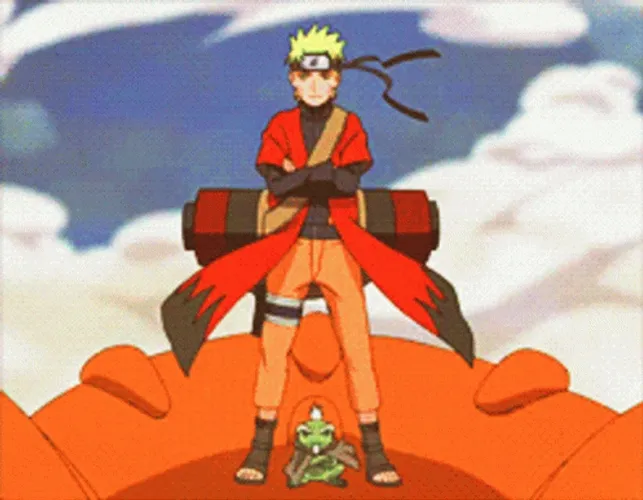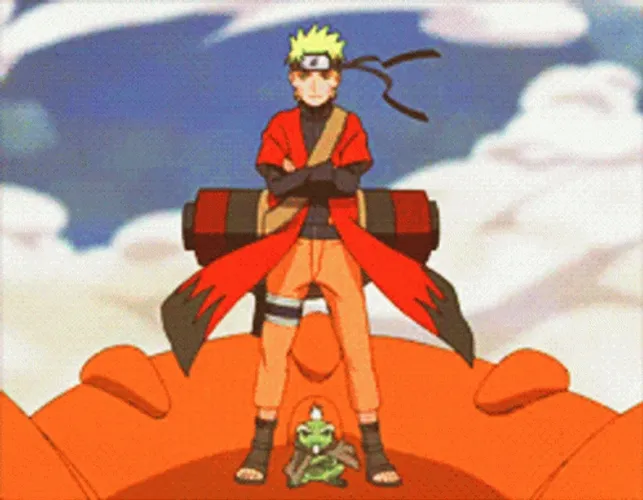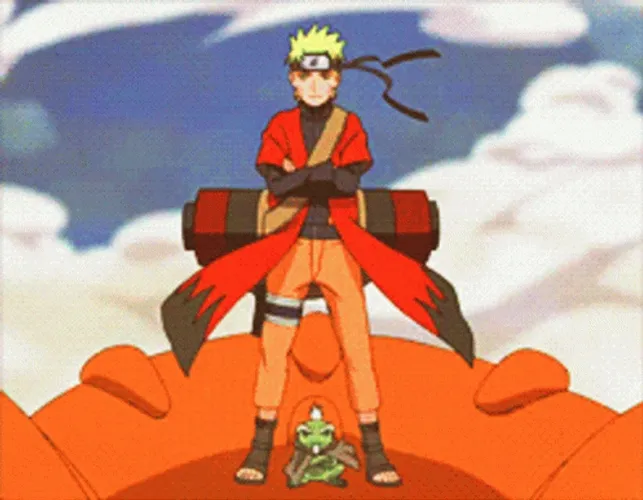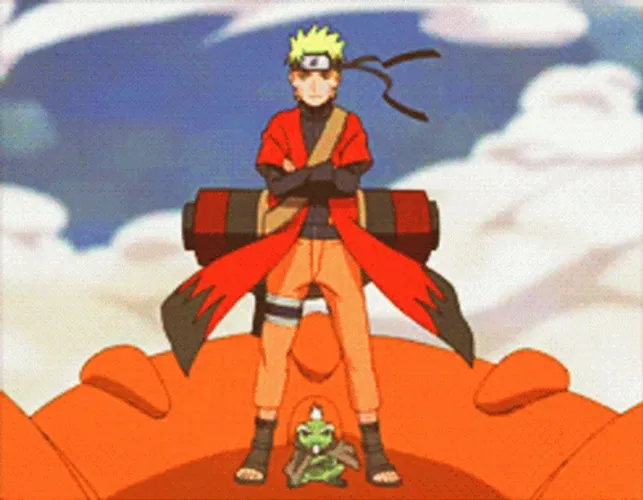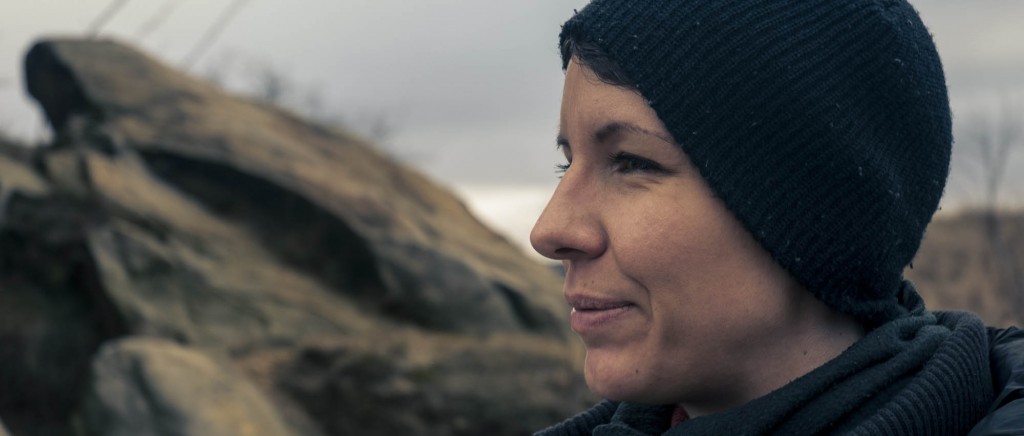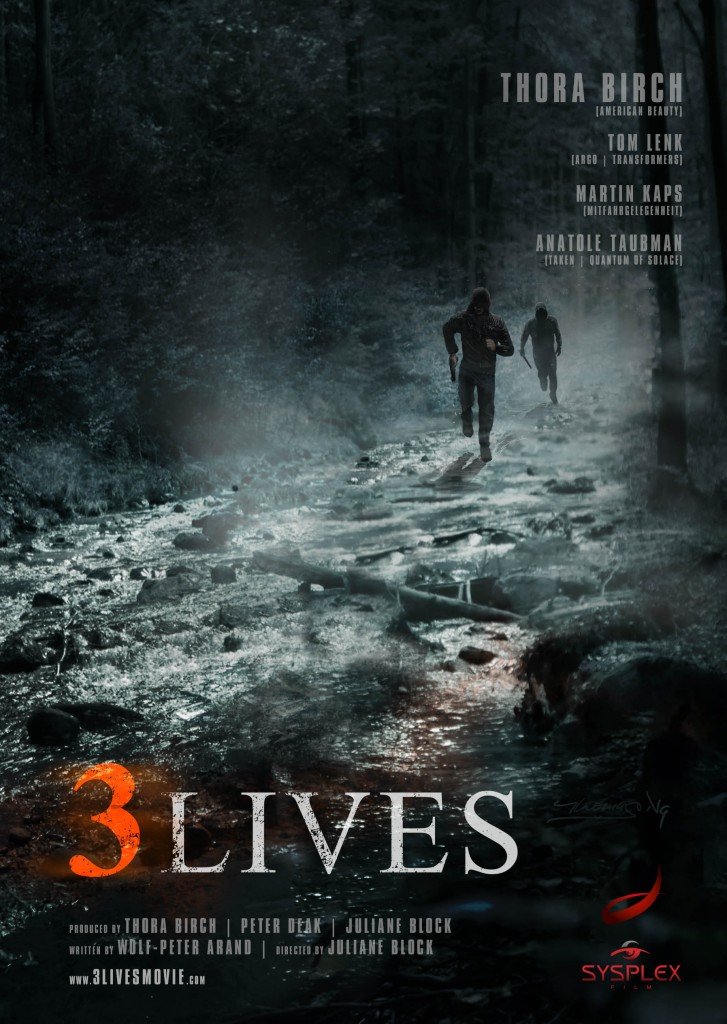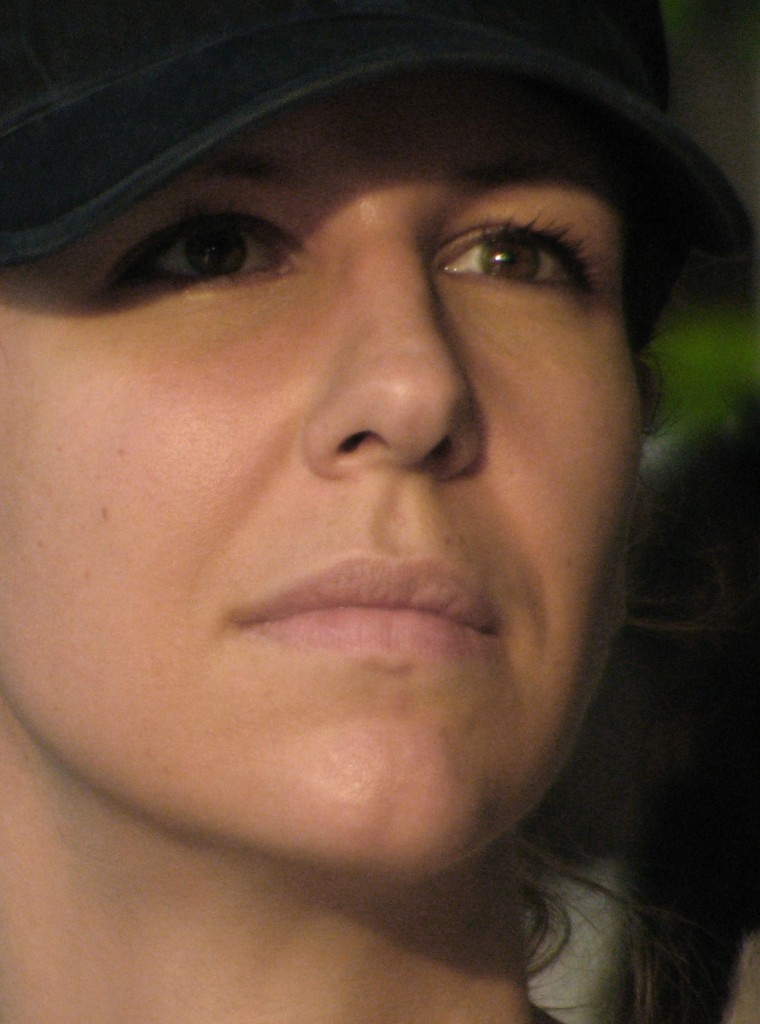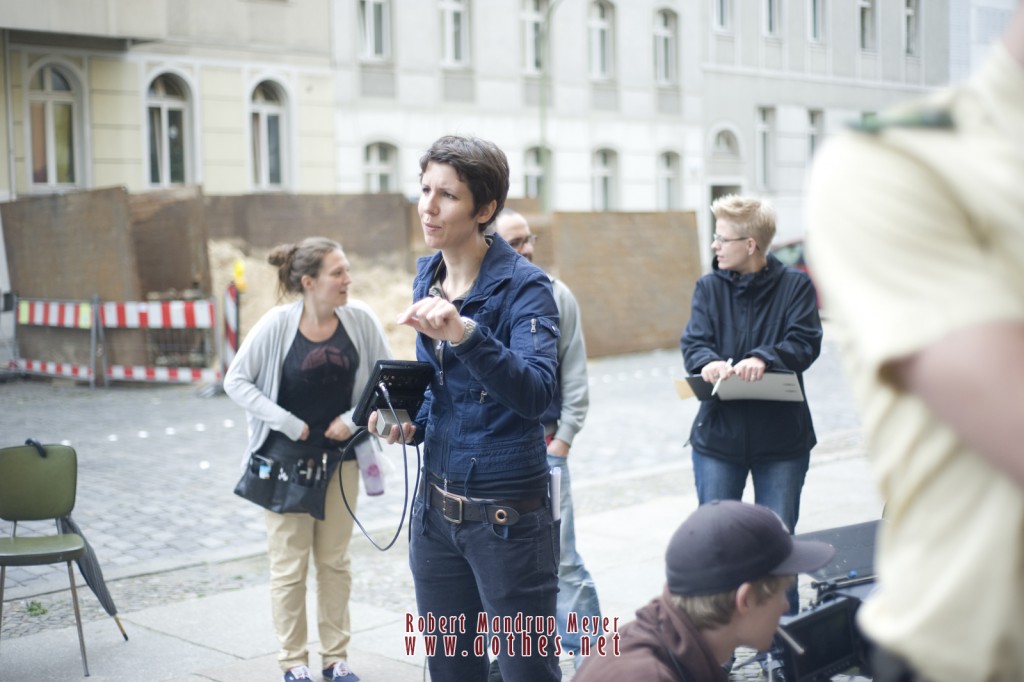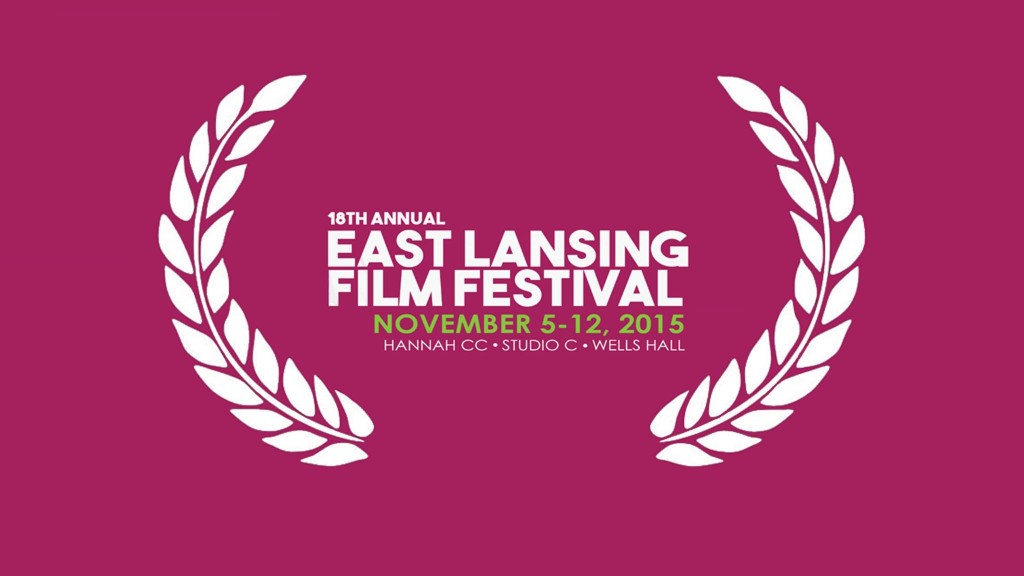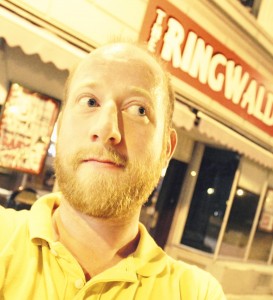CollabFeature's Train Station:Status Is Unknown
A Critical Analysis from Tomas Sinkariukas

The story gallops in quite an enjoyable way. And the acting is good in almost every fragment in spite of so many transformations, emanations and incarnations.
Of course it’s a bit irritating when you start to attach yourself to one incarnation, one image of the central figure (Brown), when you begin to like the actor and the character and then – snap – he/she transforms in a second. It’s irritating. But it’s a good irritation. It questions and challenges our way of perception and appreciation of films and stories. Mechanics of the Pleasure of the Screen. Or perhaps our perception of life itself.
If it’s an alternative – this fragmented perception of the world – I’m not sure. It may lead to schizophrenia.
But wait… It’s happening anyway, all over the world inside everybody’s mind, as time and life are speeding up exponentially, madly, every day, every minute.
So this rapid and permanent change of the central Persona (and everything else) in the movie, works like an elegant reflection/metaphor of our modern psyche – fragmented, disoriented, spinning, disappearing, convulsing, but still working somehow, desperately trying to cling to the semi hallucinatory logic of sequence, the string of life which is represented in the movie by the Plot (the narrative connecting the segments).
But there is another question rising out of this funny and demonic action kaleidoscope, this spiral motion of the Plot. It’s bifurcation or choice. (Creators of the movie are extremely interested in this problem of choice and openly demonstrate it many times in many ways. In fact it’s their basic theme)
By the way, kaleidoscope means beautiful shape in Greek. So let’s talk about it.
 As the movie is more conceptual than psychological, in my view (psychology is not it’s strongest or most important point), we must concentrate more on the philosophical messages it contains, than on the dramatic aspect of the story(ies). Because it’s narrative, it seems to me, here works as some kind of carcass or structure or form – a container for the Content. This Content is philosophical. And there is the problem of bifurcation (map of possibilities in the heroes mind) and of choice (his/her imminent action).
As the movie is more conceptual than psychological, in my view (psychology is not it’s strongest or most important point), we must concentrate more on the philosophical messages it contains, than on the dramatic aspect of the story(ies). Because it’s narrative, it seems to me, here works as some kind of carcass or structure or form – a container for the Content. This Content is philosophical. And there is the problem of bifurcation (map of possibilities in the heroes mind) and of choice (his/her imminent action).
Of “Either – Or” (not necessarily in Kierkegaardian sense).
But now we plunge into the deep sea. Or the shallow depth of the blindly enigmatic Ocean of Fate.
What does the movie say about choice except showing the very process of choosing?
Nothing.
The Creators do not have an answer and they don’t even try to look for it. So is this philosophy or the end of philosophy? Or both?
I think, they should have tried to go a little bit deeper, especially in a conceptual film (as I see it).
But I may be wrong. Maybe it’s the “variety of life”, “the multi-faceted nature of human existence” that they are trying to represent here. If that is the case it automatically stops looking elegant to me. Remember kaleidoscope, that is beautiful shape. This work must not loose it’s beautiful form by trying to display reality. And it does not. As I said, I’m not impressed by the drama/psychology side of this work. And I don’t think it needs them. I don’t think this movie needs to imitate reality because it’s not realistic art. Of course it’s the question of interpretation. But I want to look at it as a manifesto, as something quite abstract and conceptual, pretending (with much fun and taste) to be realism. It pretends that it is imitating life. But it does not and it does at the same time. Because it’s the Fractal reproducing itself endlessly and beautifully and senselessly.
It’s the beautiful Form and the inconceivable Idea – that’s how it reflects incomprehensible reality of our existence. I mean, the movie. The spiral of the movie.
“Art is the shadow of reality”, Mishima said. So art seems pathetic. But if you turn to philosophy or absence of philosophy (what I believe was the intention of this film , conscious or semi conscious) – everything falls into right places. And now art can at least ask essential questions.
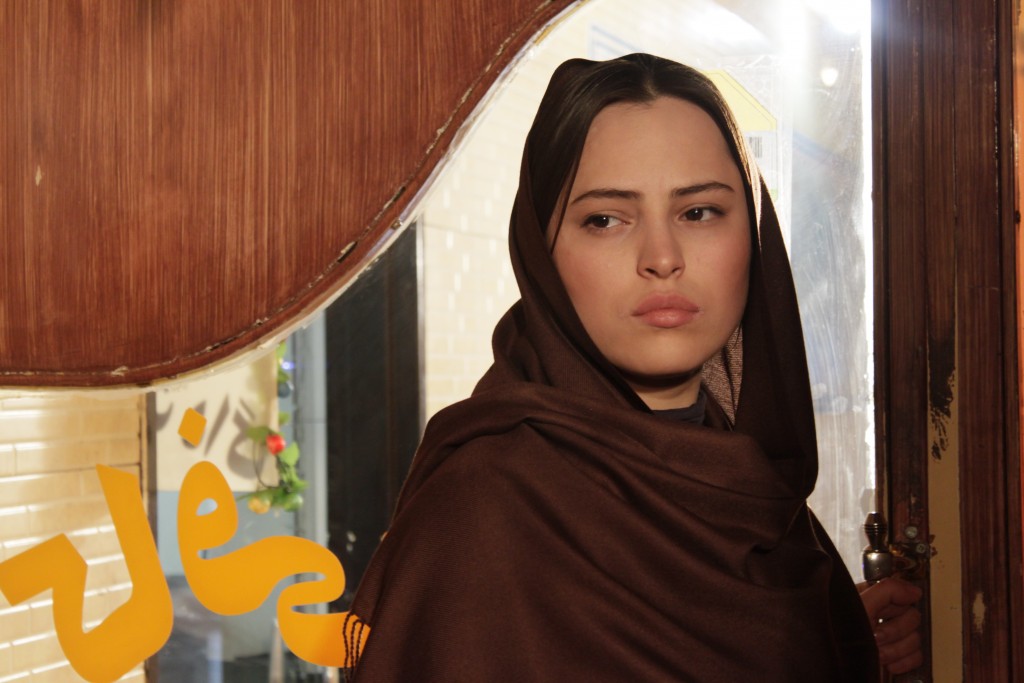 There are no answers. And there will never be. But there’s a game to be played. And Train Station looks like quite a good version.
There are no answers. And there will never be. But there’s a game to be played. And Train Station looks like quite a good version.
Now, let’s go back to instinctive teleology, that is to Choice, Destiny and Fate. Introduction of vertical dimension (or spirituality) in the final episode of the film is not really working. This attempt of summing something up…looks weak, naïve and sentimental. And what’s worse – obligatory. I don’t believe that those two at the station can hear something. Maybe the old blind man, but not the young one. Even if he closes his eyes. No train is coming. Or if it is – It’s the train of civilization which has run amok and can’t hear or feel itself anymore, because everything inside and outside is just this permanent and absolute Noise. The Noise of Madness that has devoured subtle Music of the Spheres long time ago.
So I don’t believe that those two can hear something…ineffable. Two bums waiting for Godot 60 years ago were more sincere. They did not pretend to have hope. They said: “Let’s hang ourselves.” But even death was too boring for them.
There is no hope. Status is unknown. The heroe(s) of this movie operate in ostensibly multi dimensional , but really one dimensional space. Speaking symbolically, of course. Or maybe the hero is this single elementary particle that runs around really fast and makes up the whole Universe. But that’s just some clownish cosmological theory or fundamental solipsism and monadism of human condition. Anyway, there is no hope. And the final episode is really cool to watch. If only two men did not speak to each other at all…
Somewhere around the middle the movie slowly becomes overloaded and tiresome. There are just too many twists of the plot, too many changes and transformations, and in fact, too many faces. You try to remember all those nice, interesting episodes, but the film just keeps pumping on. And then the tension falls, and you really start to feel fatigue. And the narrative actually becomes more and more erratic.
The beautiful absurdity of the Fractal is changing into the nuisance of Chaos.
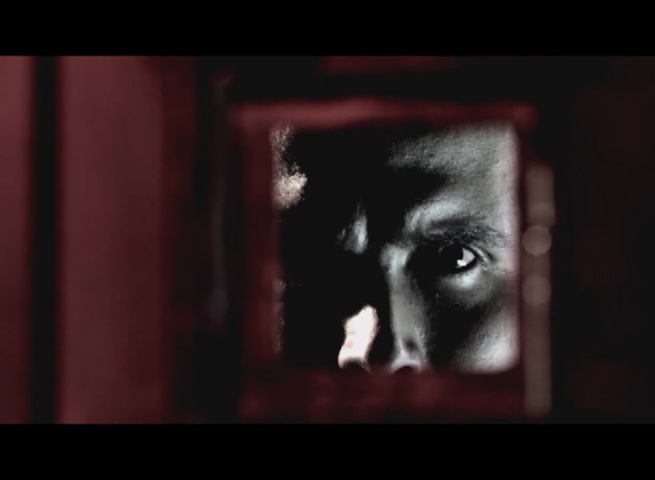 At that point, while still watching, I suddenly remembered Stoppard’s “Rosencrantz and Guildenstern are Dead” – when they toss the coin and get “heads” one hundred times in a row. I remembered their sad and stupid expressions at the time when Train Station started to tire me.
At that point, while still watching, I suddenly remembered Stoppard’s “Rosencrantz and Guildenstern are Dead” – when they toss the coin and get “heads” one hundred times in a row. I remembered their sad and stupid expressions at the time when Train Station started to tire me.
Train Station is certainly no chess game. Chess symbolically lost it’s secret after the famous Kasparov vs. Deep Blue duel. Today, the more science and technology we get, the less and less logic or Logos is left in our lives and our souls. Logos is evaporating and in fact our destiny is evaporating, too. Now it’s the law of Nonsense, not the laws of probability at work. Even when you refuse to play chess and prefer to throw dice instead.
It’s always the non-destiny, collective and personal that shows it’s faceless face when you look around the corner of the empty street. It’s not even the face of a clown. It’s not your own distorted reflection. It’s something else. Horrible and indifferent. Stupid and apathetic.
To say – it’s the Void – is to say nothing.
You have to make a choice.
Because of the funny thing called self respect.
You have no choice.
GOOD MOVIE. NICE EXPERIMENT. THUMBS UP.
Tomas Sinkariukas
___________________________________________________________
Some info about the author:
http://www.kamane.lt/eng/Kamane-s-texts/2013-year/May/Literature/The-world-according-to-Tomas-Sinkariukas
 Train Station continues its journey on the festival circuit with screenings at three upcoming film festivals. The next stop is Train Station’s African Premiere at the Sudan Independent Film Festival from January 21-27, 2016 (screenings at 4:30pm Mon, Jan 25 & 7:30pm Tues, Jan 26). Then there is a brief stopover at the Berlin Independent Film Festival February 11-17, 2016 (screening is at 6pm on Wednesday, February 17th, tickets available HERE), marking the film's European Premiere. Train Station then travels to Washington, D.C. for its East Coast US Premiere at the DC Independent Film Festival on Thursday, March 10, 2016 (screening time and tickets available soon).
Train Station continues its journey on the festival circuit with screenings at three upcoming film festivals. The next stop is Train Station’s African Premiere at the Sudan Independent Film Festival from January 21-27, 2016 (screenings at 4:30pm Mon, Jan 25 & 7:30pm Tues, Jan 26). Then there is a brief stopover at the Berlin Independent Film Festival February 11-17, 2016 (screening is at 6pm on Wednesday, February 17th, tickets available HERE), marking the film's European Premiere. Train Station then travels to Washington, D.C. for its East Coast US Premiere at the DC Independent Film Festival on Thursday, March 10, 2016 (screening time and tickets available soon).



